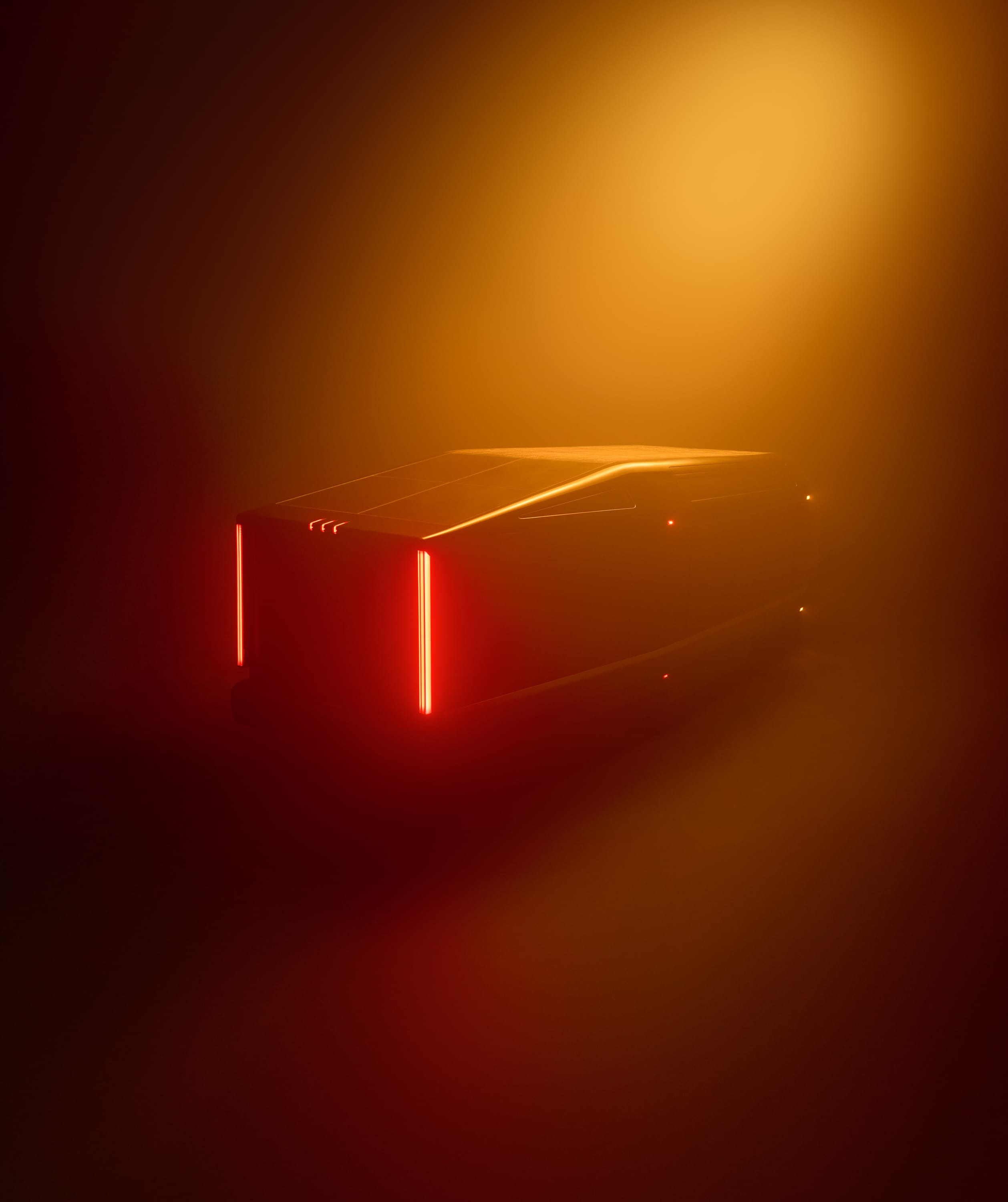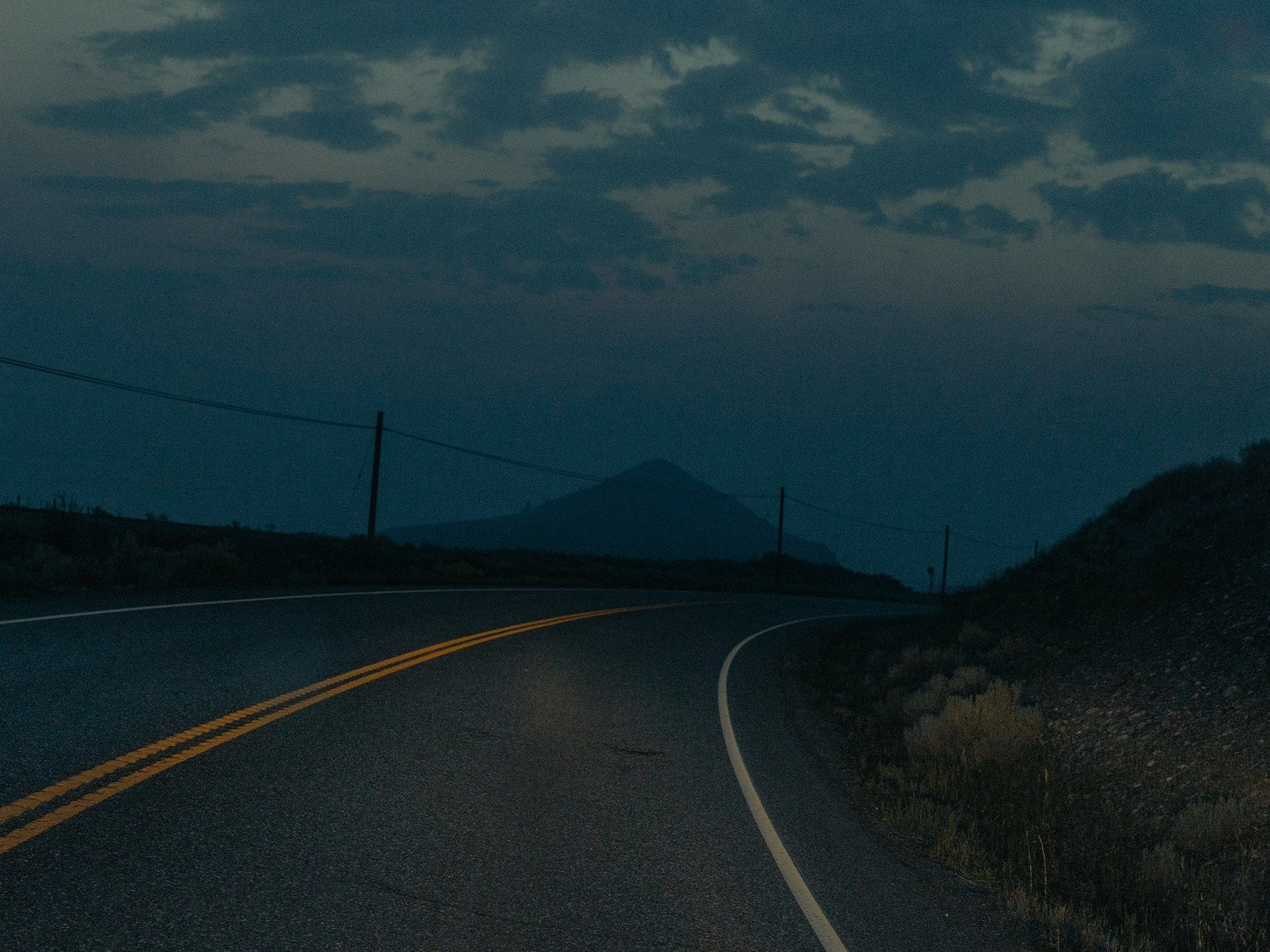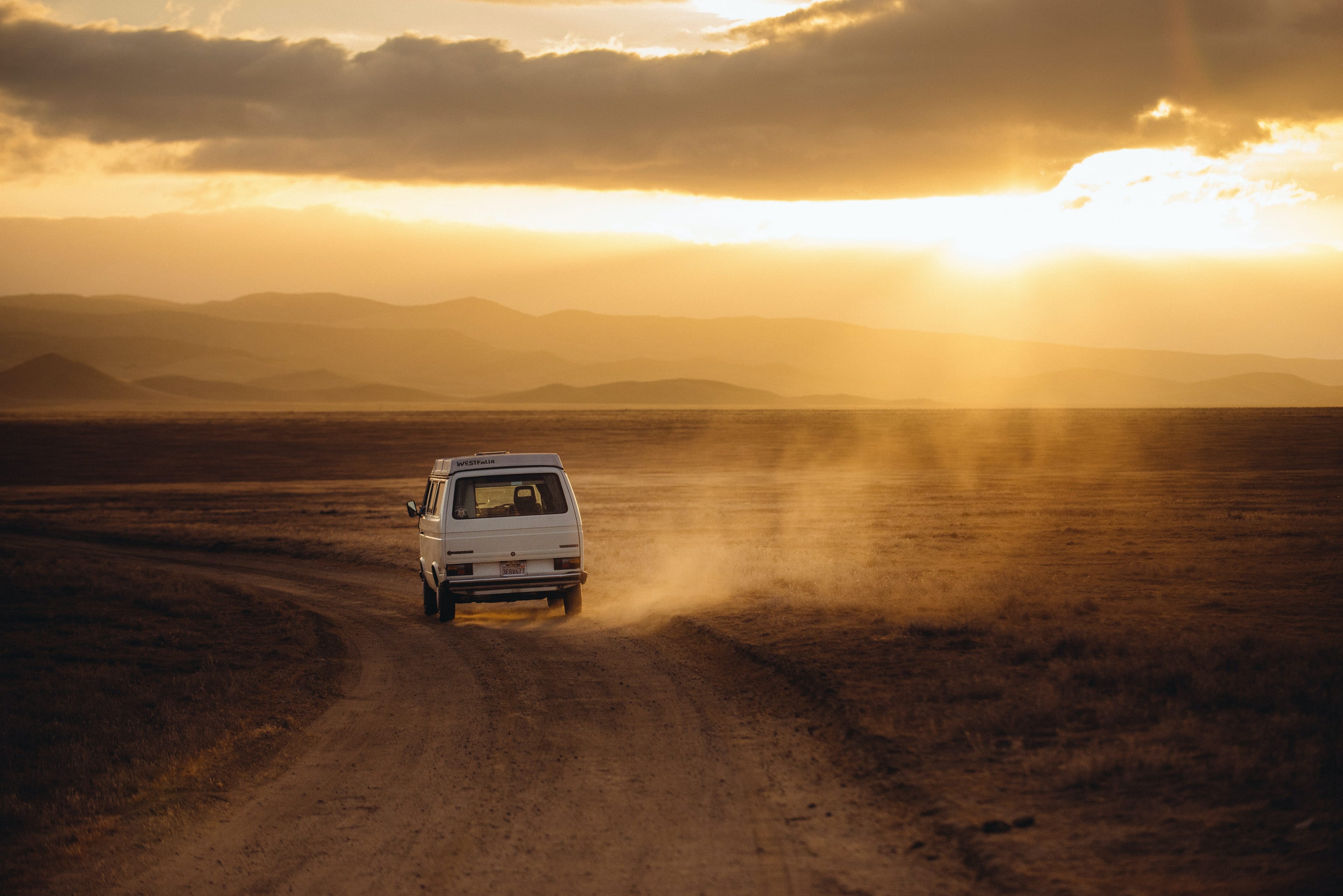The New Lightship L1 Electric Camper: The Future is Now

The Lightship L1 looks and feels like a ride to tomorrow. Wildsam sat down with cofounders Toby Kraus and Ben Parker and creative director Rob Williams to get the RV start-up’s backstory.
WS: Before there was a mock-up, before there was a mood board, what influenced this idea?
TOBY: Ben and I have worked on electric vehicles for quite a while. But before we knew about EVs, we were excited about the outdoors and road trips. The conception of Lightship is putting those two things together. EVs are cool and interesting and all of that. But if you follow what's going on with that technology category, in some ways it's kind of limited. It's like it's being made for a specific demographic of people—that there's a stereotype of who drives an EV. Something like one in 10 Americans participate in RVing. So it’s an opportunity for us to create something that matters to a wider audience.
ROB: The way that we've pitched it internally from the design standpoint is respecting the past and understanding what travel has meant to people. As human beings, we've always looked to travel and explore. curiosity is always something that has driven that need to explore or travel and find new places. And so it's just innate to us.
One of the reasons I joined Lightship was this is something that will never go away. People will always travel. And so how do we add a better experience to that through new technology—just new ways of thinking about the product?
WS: Toby and Ben, what were the early days of your working partnership all about?
TOBY: One of the first things that Ben and I did when we met was take a road trip together. That was how we got to know each other. And it was also how we sort of explored the idea and the problem. We rented an electric vehicle, we rented a classic Hi-Lo trailer, and we towed it from California to Colorado and back.
BEN: This was the first time we'd ever met in person. We had just signed up for an arduous multi-year journey together in which we would rely entirely on each other. So we pack ourselves into a hundred-square-foot space, then attempt to pull it across five giant states and keep a charge in the car the whole way, which was very hard to do.
WS: What other vehicles did you learn from?
BEN: I remember sketching a telescoping hard-sided trailer. I didn’t know it was called that at the time. I wondered, “all right, has anyone done this before?” And I stumbled on the Hi-Lo trailer—thousands of trailers had been built like this. I think it was an idea before its time, but I was emboldened to know something like that had been done before.
TOBY: There’s some Rivian heritage in there—some similar styling cues.
ROB: In the overland world, you can buy a lot of very custom things, and people love to do things themselves—there’s an aspect of configurability. My family has two rooftop tents, and there are some really interesting ideas there that could be applied to a travel trailer. We were really inspired by camping and outdoor gear: technologies, materials, some from a sustainability standpoint but also just the way the vehicle looks and feels.

WS: Where does utility come into it?
TOBY: We’re trying to make something that is a really amazing camping experience, but also solves some travel and towability challenges that exist today. When you’re towing a travel trailer, regardless of the tow vehicle, it’s got a lot of mass and it’s a big sail. You go from 23 miles per gallon to 8 miles per gallon. If you have an electric truck—an F-150 Lightning or a Rivian R1T—your 300-mile range becomes a 100- mile range. We basically said, we have to start from scratch. We have to build a vehicle that, before it’s electric, it’s just worlds more efficient.
The way you do that is lower it. We have a compressed road mode. It becomes super-sleek and hides in the aerodynamic shadow of the tow vehicle. And then it rises up 10 feet and it’s in camping mode.
BEN: There's the utility down to the granular millimeters and mechanisms in the product. There's the utility in the concept of what the product is— making the most efficient thing possible both for road use and the energy that you would use or you would consume while you're camping or living out of it. And then there's this really high-level idea of utility. Which really means, how do you make sure that the Lightship is getting used as much as possible—that its utilization rate is as high as possible? Because most of RVs sit doing nothing for most of the year. And if you design an RV to be basically either a very capable home solar system or something that acts like a hotel room, now it can be something that you get utility out of as the owner or the user year round.
WS: How much did you think about who’s going to travel in these?
ROB: We found there are really three groups. First, a family: two people, generally two kids, maybe three or four kids. Second, older couples, likely retired—they might travel for a longer period, but just two people. And the third set are younger people who travel in small groups—they might go to Coachella or Burning Man. We really focused on the family. If you solve for that, you solve pretty easily for the other two. We knew that we needed roughly a queen-sized bed. We needed a dinette that would be as large as we can get it. And then we’re also looking at an option for a really unique way to solve for a third bed in a vehicle.
As we move forward, we've got some really unique solutions. People will be able to configure. So if you're staying for longer, you can choose those options that give you the most storage possible. And if you're not traveling that much or don't need that much storage, you can scale that back. So that's something that will be unique to the industry. We can't quite talk about it yet, but just giving you an idea of how we're thinking about doing something different in that space.
I’m really keen on not necessarily focusing on the type of person or demographic per se, and more the mindset. The mindset stretches from very young to very old.
BEN: Across many traditional differences too. All the things that divide us tend to collapse in these outdoor settings that have become the national heritage.

The Future of the Road
From electric RVs to next-gen campgrounds, the American road trip is changing fast. We asked 25 experts what's next. To see where the journey is headed, explore our Future of the Road coverage.







